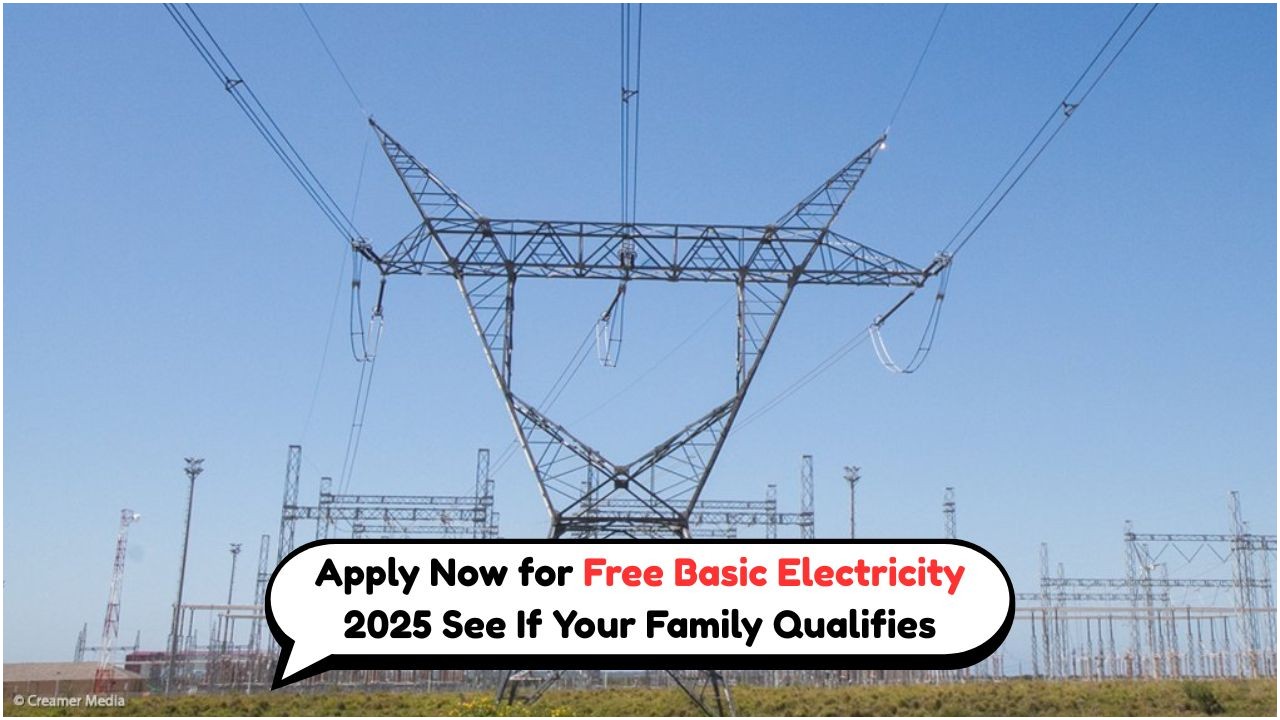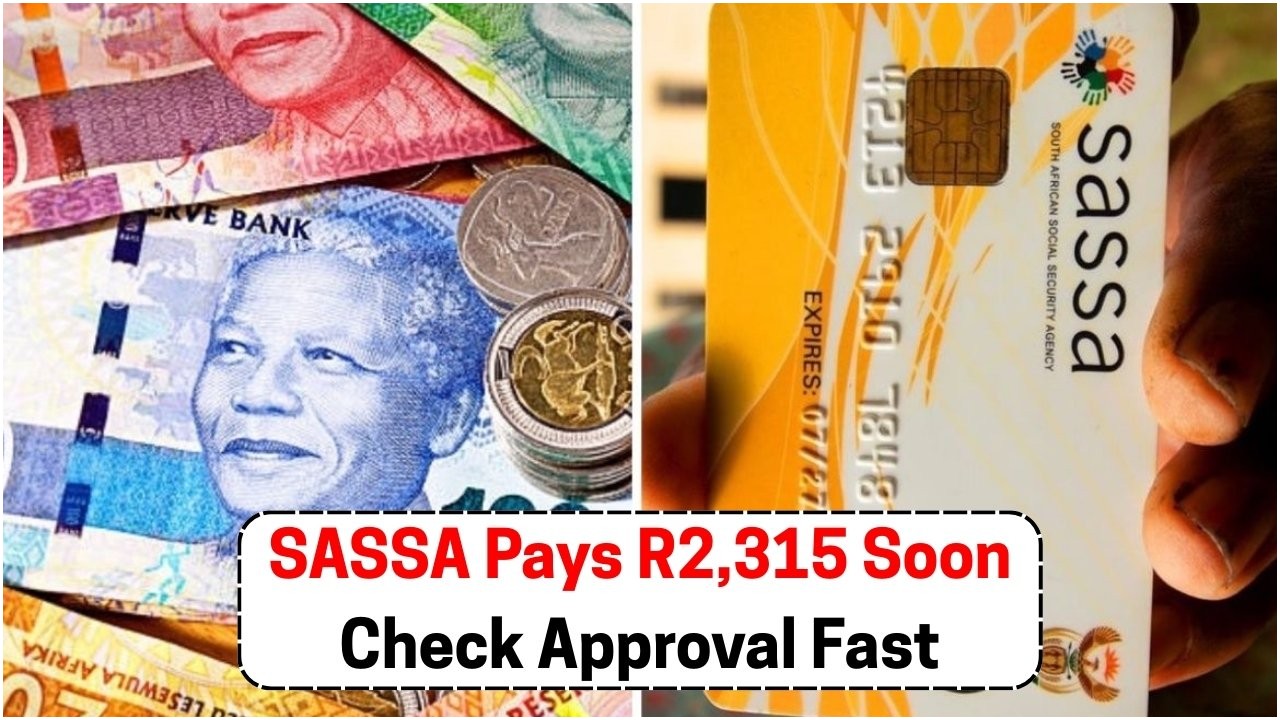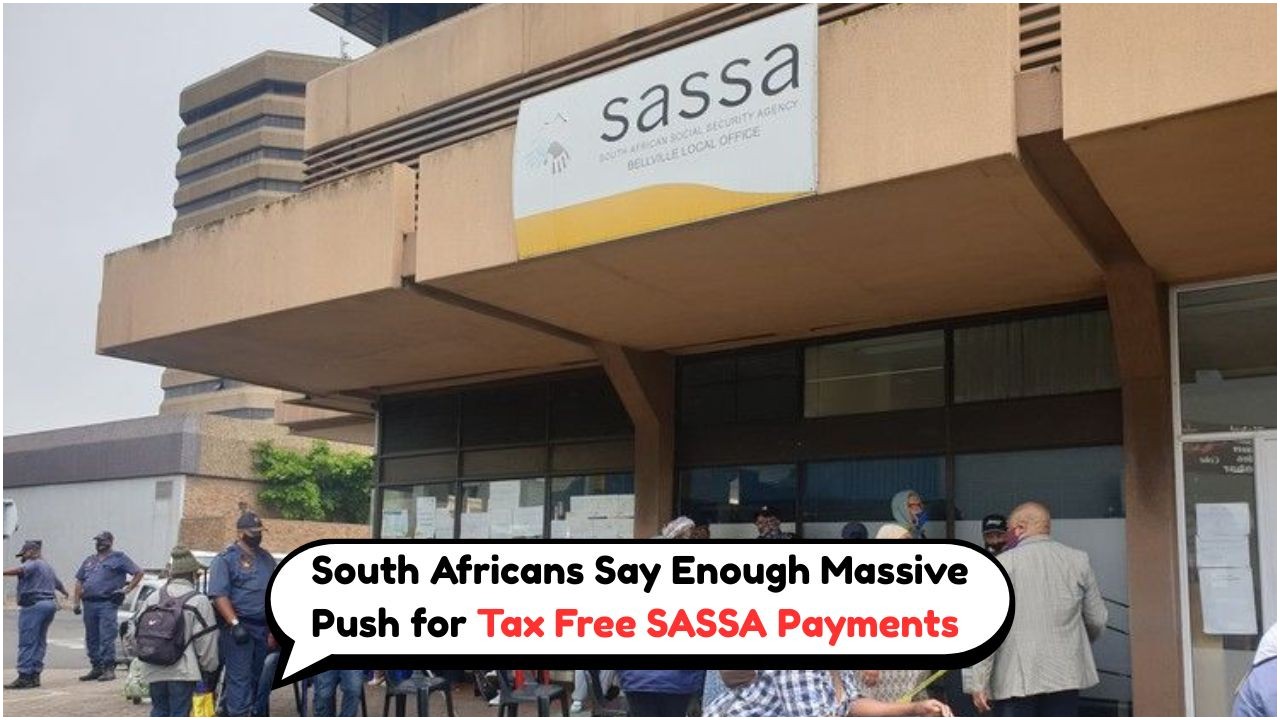Free Basic Electricity 2025 in South Africa: The South African government has long recognized the importance of providing essential services to its citizens. As a part of this commitment, the Free Basic Electricity (FBE) program continues to play a crucial role in offering relief to low-income households. As we approach 2025, understanding the application process and eligibility criteria for this initiative is vital for those who might benefit from it. This guide will help you navigate through the essentials of the Free Basic Electricity program, ensuring you have the information needed to determine your qualification and apply successfully.
Eligibility Criteria for Free Basic Electricity in 2025
As the year 2025 unfolds, it is important for South African households to be aware of the eligibility criteria for the Free Basic Electricity program. The government aims to assist households that fall within a specific income bracket, ensuring that those who need it most can access this initiative. Primarily, the program targets households with an income below a certain threshold, often determined by the specific municipality. Additionally, households residing in informal settlements or rural areas typically receive prioritization due to the lack of access to reliable electricity sources in these regions. Furthermore, the household must be legally connected to the national grid, as the program is designed to subsidize electricity bills rather than provide new connections. Understanding these criteria is the first step in determining whether your household qualifies for the Free Basic Electricity initiative, allowing you to take the necessary actions to apply.
Application Process for Free Basic Electricity 2025
The application process for the Free Basic Electricity program in 2025 is designed to be straightforward, ensuring that eligible households can easily access the benefits. To begin, applicants should contact their local municipality to receive the necessary forms and detailed instructions tailored to their specific area. It is crucial to gather all required documentation, which typically includes proof of residence, a certified copy of the applicant’s ID, and evidence of income or a declaration of unemployment. Once all documents are collected, the application can be submitted either in person at designated municipal offices or through an online portal, if available. Municipalities often conduct thorough assessments to verify the information provided, ensuring that the program’s resources are allocated to those who genuinely need them. Therefore, accuracy and honesty in your application are imperative. Keeping track of the application status and any additional requirements communicated by the municipality will facilitate a smooth process and enhance your chances of receiving assistance.
 Seniors Alert: R2,315 SASSA Pension Grant Payments Begin August 20 – Verify Your Status Today!
Seniors Alert: R2,315 SASSA Pension Grant Payments Begin August 20 – Verify Your Status Today!
Benefits of the Free Basic Electricity Program
Participating in the Free Basic Electricity program offers numerous benefits to eligible South African households. One of the most significant advantages is the financial relief it provides, as the program aims to cover a portion of monthly electricity costs, reducing the financial burden on low-income families. This financial assistance enables households to allocate their limited resources to other essential needs, such as food, education, and healthcare. Additionally, access to consistent electricity enhances the quality of life, allowing families to enjoy basic amenities such as lighting, heating, and the use of essential electrical appliances. Furthermore, the program contributes to improving public health and safety by reducing the reliance on hazardous energy sources like paraffin and open fires. By supporting households in this manner, the Free Basic Electricity program not only alleviates poverty but also fosters a more equitable and sustainable society.
Challenges and Future Prospects of Free Basic Electricity
While the Free Basic Electricity program offers substantial benefits, it also faces challenges that need addressing to ensure its effectiveness and sustainability in 2025 and beyond. One primary challenge is the program’s dependency on accurate municipal records and the efficient distribution of resources, which can be hampered by bureaucratic inefficiencies and corruption. Additionally, the growing demand for electricity, fueled by population growth and urbanization, puts pressure on the existing infrastructure, necessitating upgrades and expansions to meet future needs. Another concern is ensuring that the program adapts to changing socio-economic conditions, requiring regular reviews and updates to eligibility criteria and benefits. Despite these challenges, the prospect of expanding the program to encompass more households and enhance energy sustainability is promising. By investing in renewable energy sources and improving infrastructure, the government can ensure that the Free Basic Electricity program continues to serve its purpose effectively, providing essential support to those who need it most.






